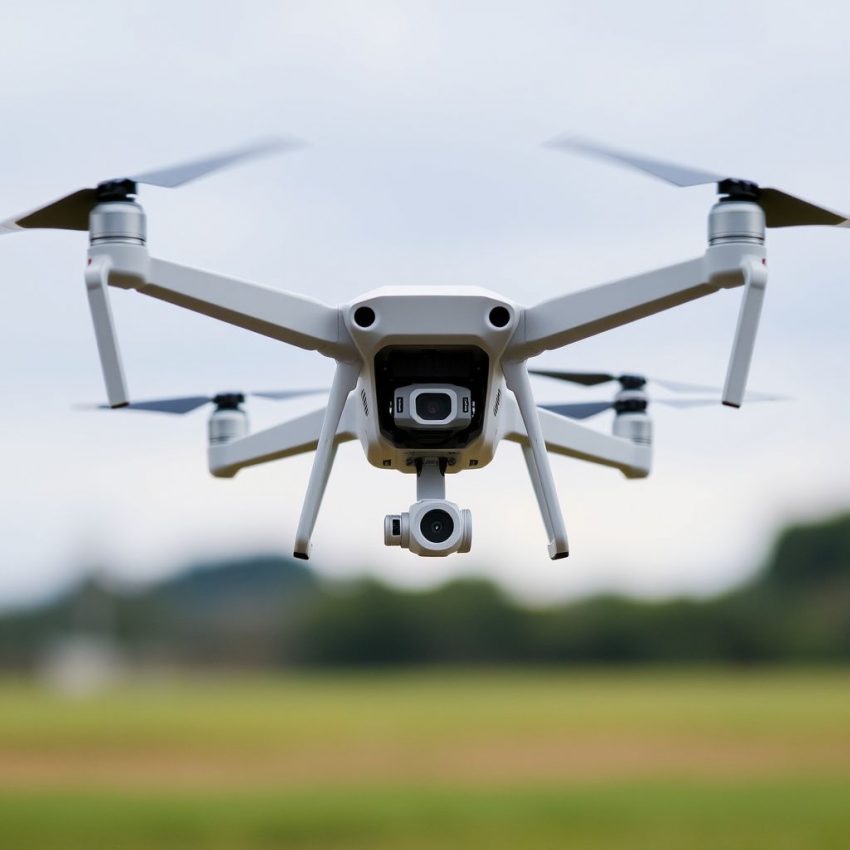DJI Drones in the US: Is a Ban Imminent? The Clock is Ticking
The future of DJI drones in the United States hangs precariously in the balance. DJI, the world's leading drone manufacturer, is sounding the alarm, claiming the clock is ticking on a potential nationwide ban and urging its customers to take action. But what's really going on, and what does this mean for drone enthusiasts and professionals alike?
For years, DJI drones have dominated the market, offering a compelling blend of affordability, performance, and user-friendliness. However, growing concerns regarding national security and data privacy have cast a long shadow over the company's operations in the US. These concerns center primarily around DJI's Chinese origins and the potential for its drones to be used for espionage or data collection by the Chinese government.
While DJI has repeatedly denied any such involvement and has even implemented measures to enhance data security, these assurances haven't entirely quelled the anxieties of US government officials. Several government agencies, including the Department of Defense and various state and local governments, have already banned or restricted the use of DJI drones within their operations.
Why is DJI calling for urgent action?
DJI's recent pleas for its customers to contact their representatives underscore the seriousness of the situation. The company believes that a complete ban is a real possibility, and it's hoping to mobilize public support to influence policy decisions. Their argument centers around the significant economic impact a ban would have, affecting not only DJI itself but also the countless businesses and individuals who rely on their drones for various applications, including:
- Aerial photography and videography: Filmmakers, real estate agents, and construction companies rely heavily on DJI drones for high-quality aerial content.
- Agriculture: Precision agriculture techniques utilize drones for crop monitoring, spraying, and other tasks.
- Infrastructure inspection: Drones offer a safer and more efficient way to inspect bridges, power lines, and other critical infrastructure.
- Search and rescue: First responders often use drones for search and rescue operations.
A ban on DJI drones would severely disrupt these industries and could stifle innovation within the drone sector as a whole.
What can you do?
DJI encourages its users to contact their elected officials to express their concerns about a potential ban. This could involve sending emails, making phone calls, or even writing letters. The goal is to demonstrate the significant impact a ban would have on the economy and various sectors relying on DJI technology.
The bigger picture:
The situation with DJI highlights a larger conversation about the balance between national security and technological innovation. While concerns about data security are valid, a blanket ban could have unintended consequences, hindering progress in critical sectors and potentially stifling competition in the drone market.
The coming weeks and months will be crucial in determining the fate of DJI drones in the US. Whether a ban is implemented remains to be seen, but one thing is clear: the stakes are high, and the drone community is watching closely. What are your thoughts? Share your opinions in the comments below.
Don’t miss out on this exclusive deal, specially curated for our readers! Flexibility matters: Explore deals with free cancellation options at Expedia.com
This page includes affiliate links. If you make a qualifying purchase through these links, I may earn a commission at no extra cost to you. For more details, please refer to the disclaimer page. disclaimer page.

